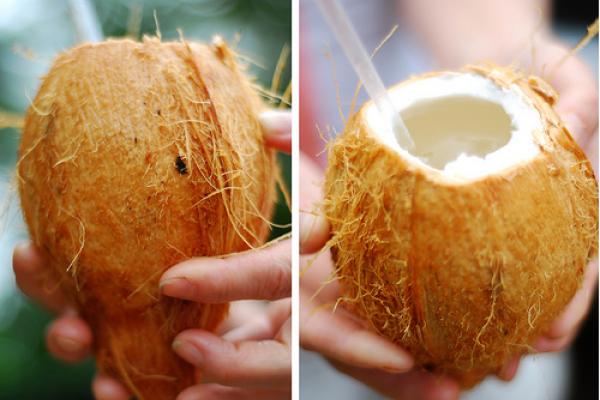It's a clear sign something's wrong when talks on "free trade" turn an island paradise into an armed camp.
Hawaii is on lockdown this week while the U.S. tries to hammer out a regional trade agreement that's being called "NAFTA for the Pacific." While some mean this as a compliment, Hawaii's faith and labor leaders are lifting their voices against an agreement they believe will put profits for banks and corporations above workers' rights, indigenous culture, and local communities. Those leaders are drawing on the Pacific region's indigenous "Coconut Theology" to provide an alternative vision of the common good.
"Coconut Theology came out of our contextual understanding of the Gospel in the Pacific," said Rev. Piula Alailima, pastor of Wesley Methodist Church in Honolulu and a core leader in the community organizing group Faith Action for Community Equity (FACE). "When we break the body of the coconut and partake of the juice, it's a symbol of the body and blood of Christ, of sacrifice, of community and the common good."
Read the Full Article

